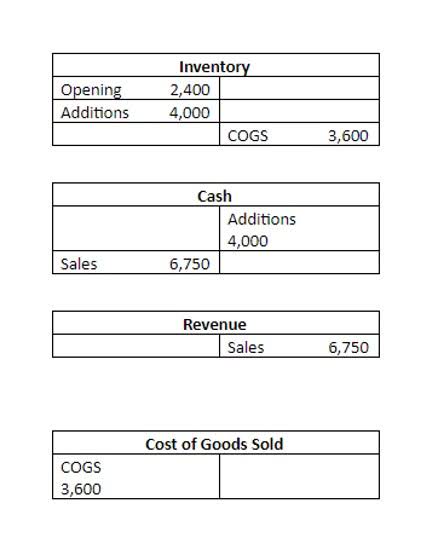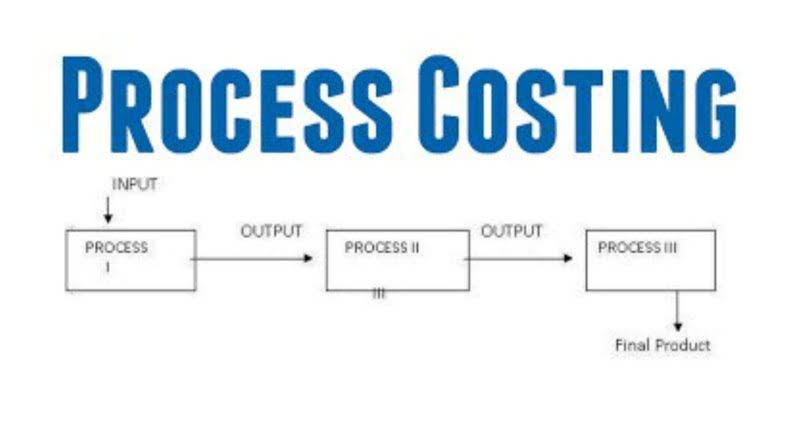
Oregon’s corporate income tax is a business tax levied on the gross taxable income of most businesses and corporations registered or doing business in Oregon. The Oregon corporate income tax is the business equivalent of the Oregon personal income tax, and is based on a bracketed tax system. Similar to the personal income tax, businesses must file a yearly tax return and are allowed deductions such as wages paid, cost of goods sold, and other qualifying business expenses. Oregon uses a progressive tax system with four marginal tax brackets. For the 2024 tax year, rates begin at 4.75% and increase to 9.9% for the highest earners. The top rate of 9.9% applies to taxable Accounting for Technology Companies income over $125,000 for single filers.
Oregon State Income Tax Tables in 2024
- Over the last few years Washington has become a less favorable state regarding tax policy.
- Katelyn has more than 6 years of experience working in tax and finance.
- Bankrate.com is an independent, advertising-supported publisher and comparison service.
- As a result of the progressive tax system, however, not every dollar they earn will be taxed at that rate.
- Be sure to file to ensure you stay compliant and avoid potential penalties.
Oregon residents and nonresidents who earn income in Oregon pay personal income tax. During the 2019 Legislative Session, the Legislature passed the Student Success Act (House Bill 3427), which created a Corporate Activity Tax (CAT) dedicated to school funding. Effective beginning tax year 2020, the Legislature reduced Oregon’s first three income tax brackets from 5%, 7%, and 9%, to 4.75%, 6.75%, and 8.75% respectively. After deductions and credits, the average effective tax rate is about 6.0% of adjusted gross income.

Oregon State Income Tax Tables in 2019
Whether you’re a full-year resident, part-year resident, or nonresident, TurboTax is here to help. You can drop off your tax form and make non-cash payments in person at our main office in Salem or at one of our regional field offices in Bend, Eugene, Gresham, Medford, or Portland. Oregon also has an estate tax that applies to estates valued over $1 million.
Oregon Income Tax Returns

Married couples filing their Oregon income tax return jointly will usually have wider tax brackets than oregon state tax percentage those filing separately or as an individual. These plans are designed to encourage long-term savings by providing tax advantages. Contributions made to these plans are typically pre-tax, meaning they are deducted from the employee’s gross income before taxes are calculated. This reduces the taxable income for the year, potentially leading to lower tax liabilities.
How to recognize an official Oregon website
Some businesses may also be subject to a minimum tax, regardless of their net income. This corporate excise tax is a significant revenue source for the state’s General Fund, distinct from personal income tax obligations. In addition to the statewide income tax, Oregon imposes a Statewide Transit Tax of 0.1% on all wages. Some residents are also subject to local income taxes imposed by specific jurisdictions. Oregon’s personal income tax is a primary source of state revenue, applied to income individuals earn or receive within the state.
- Tax deductions are available for a wide range of expenses, such as charitable donations, mortgage interest, medical expenses, and business expenses.
- Estimated tax payments may be required quarterly if an individual expects to owe $1,000 or more in tax after withholding and credits.
- All filers can get their tax using the personal income tax calculator instead of using the tax rate charts or tables in the return instructions.
- This calculator accounts for federal taxes, state income taxes (4.75% to 9.9%), Social Security, and Medicare deductions.
- A subtraction for federal income tax paid is limited for the 2024 tax year to $8,250 per return, or $4,125 for married filing separate status.
Oregon Income Tax Calculator 2024-2025
- You can also compare the quantitative returns and tax savings of these different strategies using our ordinary income tax savings calculator and customize it to your own situation.
- The current corporate tax rates have been in effect since 1994 (unlike the federal income tax brackets, which are updated yearly for inflation).
- If you live and work in the same state, you probably need to file only one state return each year.
- Historically, compliance rates with with the Oregon Use Tax have been low.
- Blind or elderly taxpayers, persons over the age of 65, will receive an additional $1,200 standard deduction on a single return and an additional $1,000 per eligible person on a joint return.
It’s also important to note local jurisdictions in Oregon may also collect local income https://kittner.com.ar/?p=28793 taxes. We strive to update our tax rates annually or whenever significant tax law changes occur in Oregon or at the federal level. The calculator will automatically estimate your take-home pay after federal taxes, Oregon state taxes, Social Security, and Medicare deductions. He brings deep financial and strategic expertise from his prior roles at McKinsey & Company and Goldman Sachs. Mani earned his degree from the University of Michigan and launched Valur in 2020 to transform how individuals and advisors approach tax planning.

Have Questions About Your Taxes?
With the 2025 tax year approaching, it’s important to understand what has changed, who is affected, and what actions are required for both current and future taxpayers. The requirement to file an Oregon income tax return depends on residency status and income thresholds. Full-year residents must file if their gross income exceeds a certain amount based on their filing status. Part-year residents must file if their income from all sources while a resident, combined with Oregon-sourced income earned as a nonresident, surpasses the basic standard deduction.
